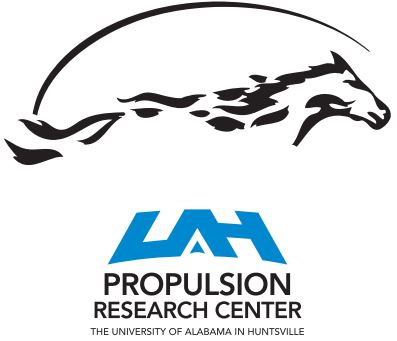EMS Response Time for Patients Critically-Injured from Automobile Accidents Using Regression Analysis
Source
UAH PRC Research Database
Document Type
Article
Publication Title
Current Urban Studies
Abstract
The ability to quickly and effectively receive medical treatment in the event of an automobile collision is one of the most important aspects in emergency medical services (EMS). Emergency medical service providers are the first to respond and manage cases related to trauma, emergency surgery, and critically injured patients. Response time for emergency medical services vehicles is especially important for areas, where travel distances are often much larger, compared to more urban areas. The importance of the present data and analysis procedures are their applicability to multiple environments, including urban settings. Methods: The present study is focused on optimization of analysis tools, and understanding the influences of different traffic-related variables, related to hospital EMS transport times for Pickens County, a county in west Alabama. Optimization of associated analysis tools is important for optimal trauma patient survivability, and as such, is directly relevant to the management of care for severely injured surgical patients. Of particular interest are the effects of variables, such as travel time, time of the day, day of the week, weather, lighting conditions, and crash severity, on the EMS response time (ERT), which are analyzed using two types of advanced regression analysis: geographically weighted regression (GWR) and global regression analysis (GRA).
First Page
581
Last Page
596
DOI
https://doi.org/10.4236/cus.2021.93035
Publication Date
9-10-2021
Recommended Citation
Vanga, Sneha R.; Ligrani, Phillip M.; Doustmohammadi, Mehrnaz; and Anderson, Michael, "EMS Response Time for Patients Critically-Injured from Automobile Accidents Using Regression Analysis" (2021). PRC-Affiliated Research. 73.
https://louis.uah.edu/prc-research/73


